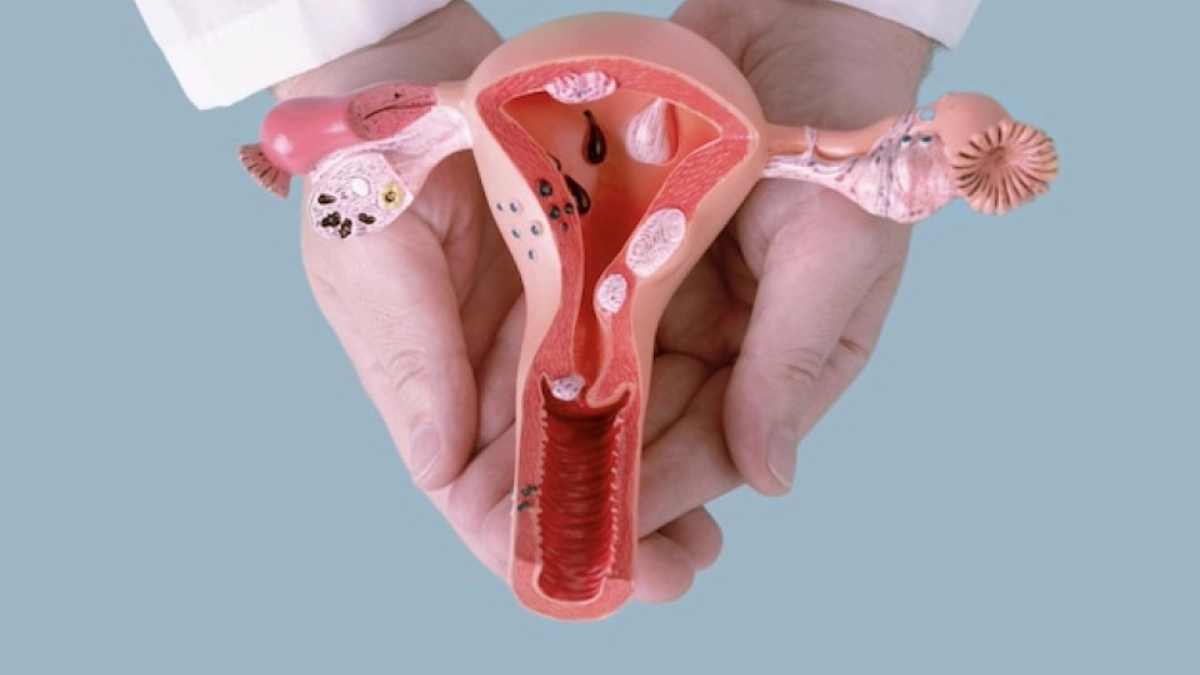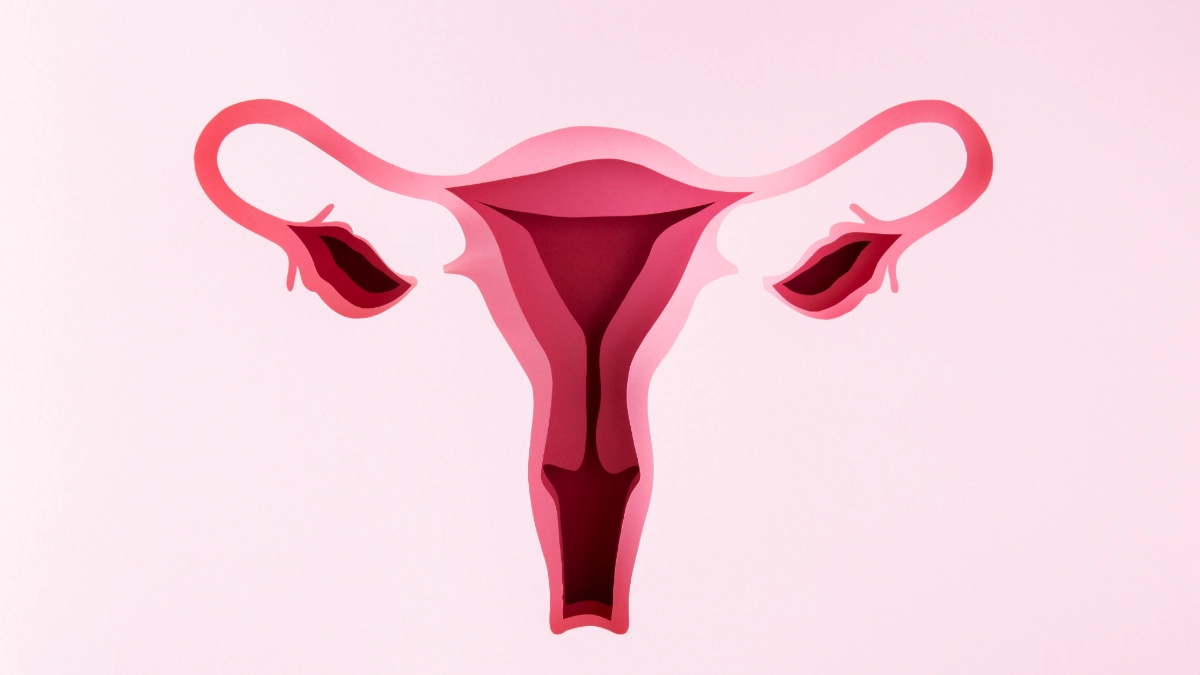Pelvic Organ Prolapse (POP) is a disorder that can have an influence on people’s quality of life. It happens when the muscles and tissues that support the pelvic organs weaken, allowing them to descend into or out of the vaginal canal. Pelvic organ prolapse surgery is chosen for severe cases that do not respond to non-surgical treatments, such as lifestyle changes, pelvic floor exercises, and hormone therapy. Understanding the pros and cons of prolapse surgery, as well as how to fix a prolapse without surgery, the average cost of prolapse surgery, and how long prolapse surgery lasts, is crucial for anyone seeking relief and improvement in their symptoms. This guide delves into the world of POP, offering insights into its management, surgical solutions, and the renowned capabilities of Avicenna International Hospital in addressing this condition.
Understanding Pelvic Organ Prolapse
Pelvic organ prolapse is not just a single condition but a spectrum of disorders affecting the pelvic floor, which comprises the bladder, uterus, vagina, urethra, and rectum. The varying types of prolapse, such as cystocele, enterocele, rectocele, uterine prolapse, and vaginal vault prolapse, are named depending on the organ that descends. Symptoms often evolve gradually and may include pelvic pressure, discomfort, urinary incontinence, and challenges in bowel movement or sexual function.
Non-Surgical Treatment Options
Before Pelvic organ prolapse surgery or vaginal prolapse surgery is considered, there are several non-surgical treatment options aimed at mitigating symptoms and improving quality of life. These include:
- Lifestyle Modifications. Simple changes such as weight loss, dietary adjustments to prevent constipation, and avoiding heavy lifting can alleviate symptoms and impede the progression of prolapse.
- Pelvic Floor Exercises. Strengthening the pelvic floor muscles through supervised exercises offers symptom relief for many.
- Hormone (Oestrogen) Treatment. Particularly beneficial for menopausal women facing mild prolapse, this treatment aims to alleviate symptoms like vaginal dryness.
- Vaginal Pessaries. These devices, inserted into the vagina, provide structural support to the prolapsed organs, offering a non-surgical option for symptom relief.
Pelvic Organ Prolapse Surgery Solutions
When non-surgical measures are insufficient, healthcare professionals may recommend surgery. Healthcare professionals, in tandem with the patient, consider factors like symptom severity, health status, and future pregnancy plans when choosing the right surgical option. Surgical options include:
Surgical Repair
This involves lifting and securing the pelvic organs back into their original positions, either by strengthening the existing tissues or attaching them to stronger structures. Typically performed through vaginal incisions under general anaesthesia, these repairs require a recovery period and carry standard surgical risks such as infections or bleeding.
Vaginal Mesh Surgery
Although currently limited in availability, vaginal mesh surgery uses synthetic material to support the pelvic organs. Despite its effectiveness, it’s associated with risks like mesh erosion and chronic pain, necessitating thorough discussions about its benefits and potential complications.
Hysterectomy
For certain cases, especially when future fertility is not a concern, removing the uterus can alleviate prolapse symptoms and prevent recurrence. The hysterectomy procedure, however, entails a significant recovery period and potential early menopause induction.
Closing the Vagina
In advanced prolapse stages or when other treatments have failed, partially or completely closing the vagina offers an effective yet irreversible solution, eliminating the possibility of sexual intercourse.
Recovery and Aftercare After Pelvic Organ Prolapse Surgery
Post-surgery recovery varies, usually involving hospital stays, gradual mobilization, and abstaining from strenuous activities. Adhering to postoperative guidelines, including pelvic rest and follow-up examinations, is crucial for optimal healing and minimizing complications.
Potential Side Effects
Understanding the potential side effects associated with treatment for pelvic organ prolapse is crucial for making informed healthcare decisions. Depending on the chosen treatment pathway, patients may experience different side effects, each carrying its considerations and management strategies.
Complications from Surgical Interventions
Surgical treatments, while effective, come with greater risks of side effects and complications:
- Infection post-surgery can occur, necessitating antibiotic treatment.
- Bleeding might require a transfusion if significant.
- Damage to adjacent organs such as the bladder or bowel during surgery is a rare but serious complication.
- Anaesthesia risks are inherent to any surgery where general anaesthesia is used.
- Changes in sexual function, including discomfort during intercourse, can occur, usually improving over time with proper care.
- Mesh surgery complications can include pain, nerve damage, incontinence, and mesh exposure. It’s vital to discuss these potential outcomes comprehensively with your healthcare provider.
Addressing Vaginal Pessary Side Effects
While vaginal pessaries are a less invasive option, they can sometimes cause:
- Vaginal discharge or odour, suggesting possible infection or bacterial vaginosis.
- Irritation or sores inside the vagina, leading to discomfort.
- Urinary symptoms like stress incontinence or recurrent urinary tract infections.
Avicenna International Hospital
At Avicenna International Hospital, our multidisciplinary team specializes in the comprehensive management of pelvic organ prolapse, from diagnosis through treatment and recovery. We offer personalized care plans tailored to each patient’s unique needs. Our commitment to excellence is demonstrated by genuine patient testimonials and accreditations, showcasing our dedication to providing the highest standards of care in Turkey.
Why Choose Us?
- Expert Team: Our gynaecologists, urologists, and pelvic floor specialists work synergistically to offer the best care.
- Advanced Treatments: We provide a full spectrum of treatment options, including the latest surgical techniques.
- Patient-Centric Care: Understanding the sensitive nature of POP, we prioritize empathy, privacy, and comprehensive support throughout the treatment journey.
While they significantly improve symptoms and strength, in severe cases, they may not completely resolve the prolapse.
Hormone treatments, especially oestrogen therapy, are typically recommended for postmenopausal women and may not be suitable for everyone.
Yes, pelvic prolapse surgery is considered a major surgery due to its invasive nature and the potential impact on the pelvic organs.
Adhering to lifestyle recommendations such as proper lifting techniques, weight management, and pelvic floor exercises can minimize the risk.
The recovery period for prolapse surgery can vary depending on the type of surgery performed but generally ranges from 6 to 12 weeks. It involves postoperative care, gradual mobilization, and adherence to medical guidelines to promote optimal healing and minimize complications.
If prolapse is left untreated, it can lead to worsening symptoms such as pelvic pain, discomfort, urinary incontinence, and challenges in bowel movement or sexual function.





